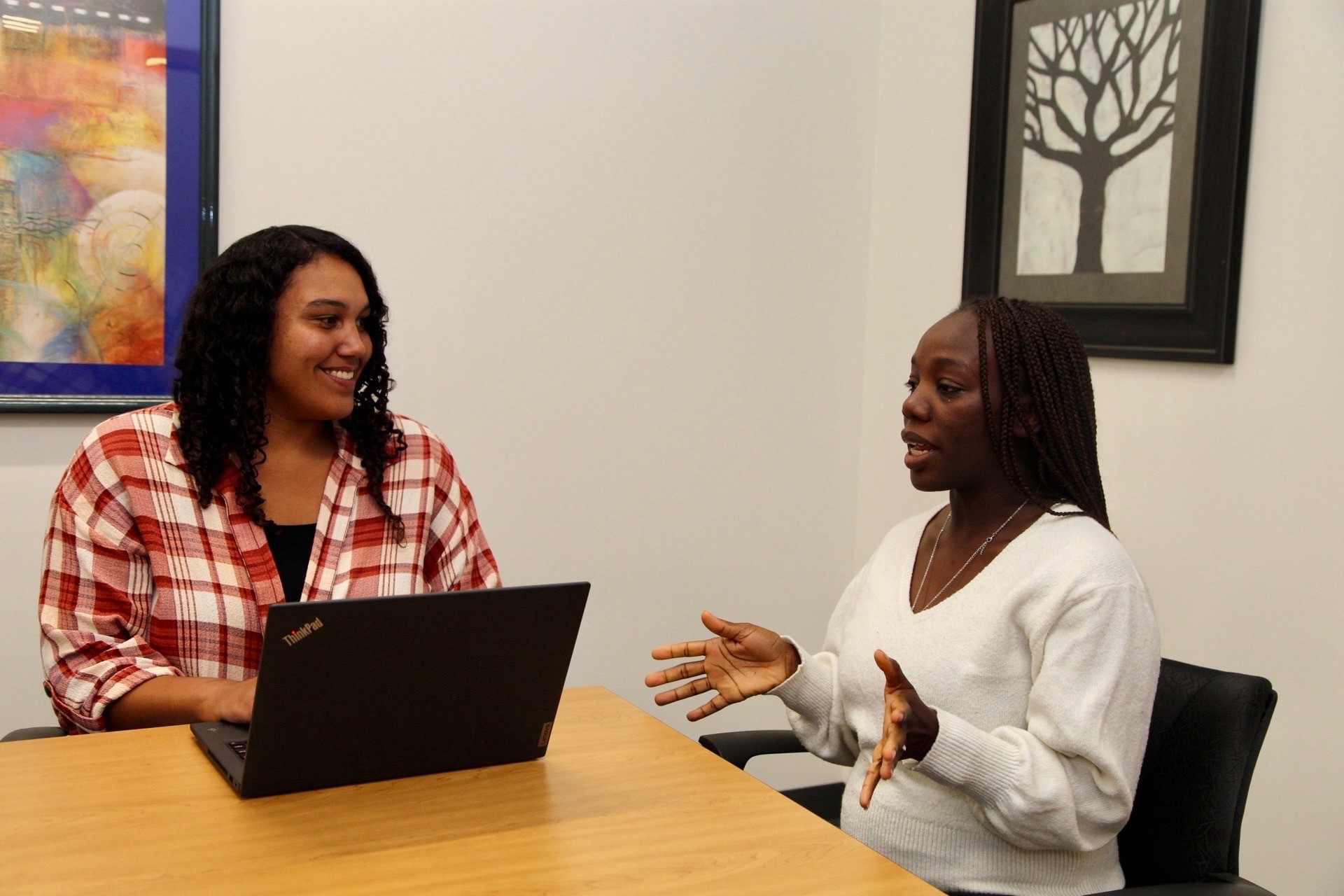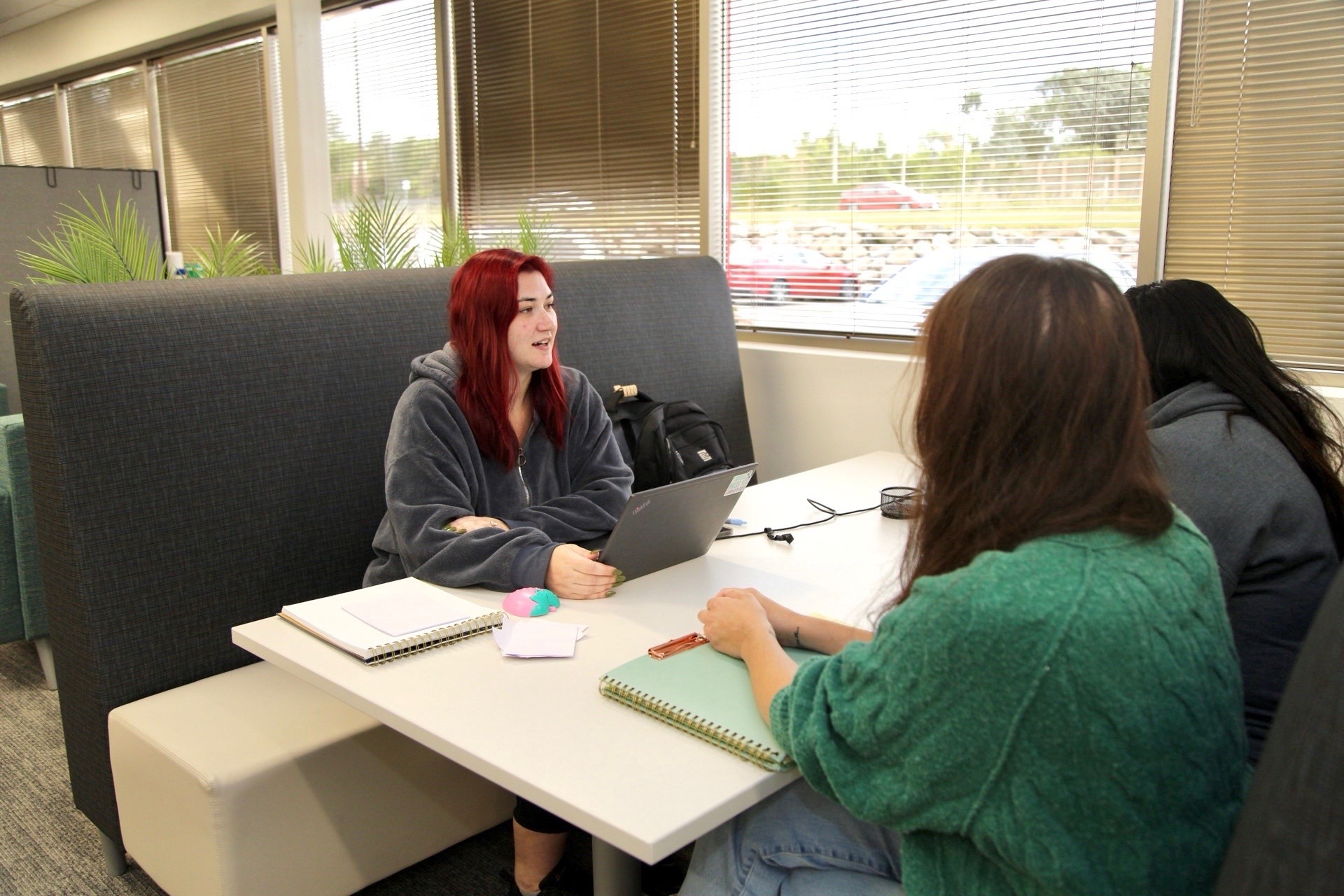Supporting the Body, Heart, and Mind
Local nonprofit Mental Health Resources creates workflows to improve care for clients
Most Minnesotans who experience serious mental illness and substance use disorders also struggle with one or more chronic medical conditions. Many of these people lack the supports and resources they need to be healthy. Even when receiving mental health care services, many of these patients experience shorter, less healthy lives due to unrecognized and/or unmanaged chronic health conditions.
Mental Health Resources (MHR) is a nonprofit community-based organization that provides case management services for children and adults diagnosed with a serious and persistent mental illness in Minnesota. They noticed that many of their clients were also managing chronic conditions, such as high blood pressure, diabetes, and heart disease.

When MHR clients receive emergency services or hospital care, MHR is notified. In 2023, MHR received 5,261 notifications from hospitals for 1,577 unique patients, and 63% of those notifications were for medical, including many chronic, conditions.
With this recognition, MHR seeks to better meet the health goals of their clients by addressing both mind and body and linking them to community and clinical resources through an integrated care approach. For example, MHR case managers now assist clients with locating and scheduling appointments with primary or specialty care providers, help them get medication, refer them to tobacco treatment supports such as Quit Partner, or coordinate care with other programs such as Adult Rehabilitative Mental Health Services.
MHR has embedded integrated care initiatives into their workflows and provided case managers information about chronic conditions. Through these enhancements, MHR is better equipped to address both mind and body by linking to community and clinical resources that support individual client needs.

MHR Case Managers Zora Bloomstrand and Musulyn Gibson working together.
Partnering to build an integrated care approach
In order to improve the integrated care they provide, MHR worked with MDH experts to develop new “Credible Service Scripts” for cardiovascular disease and diabetes. These scripts are conversation guides to help MHR case managers best meet the needs of their clients after they receive care at the hospital or in an emergency room.
MHR held a training in January 2025 to help staff learn about and feel comfortable implementing this new integrated approach with clients. The training had the following objectives:
- Increase MHR staff’s ability to recognize the impacts that social needs such as housing and safety have on chronic conditions like diabetes and cardiovascular disease, and how this contributes to health inequities among participants.
- Improve MHR staff’s ability to describe early signs and symptoms of diabetes and cardiovascular conditions and common treatment approaches to prevent complications.
- Empower MHR staff to apply basic diabetes and heart health self-management techniques with the people they serve.
“The goal is to help all MHR Case Managers, our most important resource, to help the people MHR serves access the care and resources they need to manage their health conditions.”
–Sally Sales, Mental Health Resources Health and Wellness Manager
In addition, MDH and MHR co-created several resources for MHR case managers to integrate into their client case management approaches. These include health information on high blood pressure and how to manage it; recognizing the signs and symptoms of a heart attack or stroke and seeking emergency care right away; and multiple resources to support clients to prevent and manage diabetes, including access to clinical resources such as diabetes self-management education support, the Diabetes Prevention Program, and ways to link clients with Certified Diabetes Educators.
As of June 2025, the use of the Credible Service Scripts continues to grow, with staff champions leading the implementation across MHR. In less than six months, 25 clients with a heart or blood pressure-related notifications have engaged with MHR case managers through the Credible Service Scripts. As a result, 53 unique actions or referrals have been made. For example, case managers shared information about heart related health, provided tobacco related referrals, or coordinated care with other supports.
The Minnesota 2035 Plan in action
“We see ourselves in the Minnesota 2035 Plan.”
–Sally Sales, Mental Health Resources Health and Wellness Manager
The new Credible Service Scripts are a community-led initiative that aligns with Outcome 4 of Minnesota's Action Plan to Address Cardiovascular Disease, Stroke, and Diabetes 2035: Create systems that improve access to and integrate clinical and community health services.
Through the unique integration of hospital patient data with MHR’s client record system, there is now increased collaboration and coordination between clinical systems and the community-based organization. As a result, those served by MHR have the potential to access important medical and social services and supports. This collaboration was further strengthened when MDH helped MHR embed important diabetes and heart health self-management techniques into their case management approaches.

MHR staff Grace Meierding, Lauren Schieck, and Elicia Bridges having a discussion.
MHR’s dedication to improve their work systems and expand staff capacity to better serve their clients is integral to the success of the MN 2035 Plan, which depends on partners like MHR and others working together in a collaborative, community-integrated effort.
There is room for every Minnesotan to help implement the MN 2035 Plan, from communities across the state, to health care professionals, to business leaders, and even to those with just an interest in heart disease, stroke, and diabetes. For more information, visit Minnesota's Action Plan to Address Cardiovascular Disease, Stroke, and Diabetes 2035 or email health.MN2035Plan@state.mn.us.


